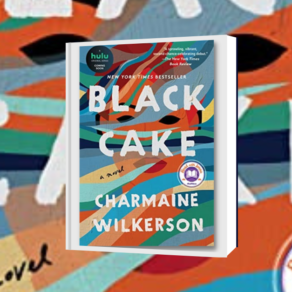In “The Checklist Manifesto: How to Get Things Right,” acclaimed surgeon and writer Atul Gawande explores the power of the humble checklist in managing complexity and enhancing performance in various professional sectors. He suggests that as our world becomes increasingly complex, our ability to manage information and tasks has not kept pace, leading to avoidable mistakes in numerous fields, including medicine, law, and finance.
The crux of Gawande’s argument is that no matter how expert we might become, we are fallible. Our training and technological advancements have been immense, yet they cannot safeguard us against inevitable human error or lapses of memory. This is where the checklist, a seemingly simple tool, comes in.
Gawande shares various case studies where checklists have made a significant impact, ranging from medicine to aviation to construction. In medicine, for example, he highlights the success of a surgical checklist designed by the World Health Organization, which reduced both complications and deaths in surgeries around the world.
However, Gawande doesn’t advocate for blind reliance on checklists. He discusses their limitations and points out that not every task or procedure can or should be reduced to a checklist. He emphasizes that the true power of a checklist is not just in preventing errors but in fostering better team communication, discipline, and planning, especially in high-pressure, high-stakes environments.
Moreover, the development and implementation of a checklist are not straightforward. They require careful consideration of which tasks need to be included, clear and concise wording, and continuous testing and refining to be effective. They must balance between being overly detailed, which risks becoming a hindrance, and being too vague, which can lead to oversights.
“The Checklist Manifesto” is not merely a call for a broader adoption of checklists but an exploration of how they can help us navigate an increasingly complex world. As he weaves together stories and evidence, Gawande delivers an intriguing argument that the simplest of tools can yield significant improvements in the success and safety of any industry or profession.
Book club questions
Here are some thought-provoking book club questions for the book “The Checklist Manifesto“:
- Atul Gawande argues that in an increasingly complex world, we need simple tools like checklists to prevent mistakes. Do you agree or disagree with his thesis? Why?
- The book provides several examples of where checklists have been successful, such as in surgery and aviation. Can you think of other fields or situations where checklists could be beneficial?
- How does Gawande reconcile the tension between the need for professional autonomy and judgement, and the standardization imposed by checklists? Do you think this balance is well-maintained in the book’s examples?
- In the book, Gawande asserts that checklists improve communication and foster a better team environment. Why do you think this is? Can you recall an instance from your own experience where a checklist might have improved teamwork or communication?
- How did Gawande’s background as a surgeon influence his perspective in the book? Do you think his arguments would have been different if he came from a different professional background?
- Gawande mentions that developing an effective checklist is not a straightforward process and requires testing and refining. What challenges do you foresee in creating and implementing a checklist in your professional or personal life?
- How does the book change your perception of errors and their prevention?
- What were some key takeaways for you after reading “The Checklist Manifesto”? How will you apply these insights into your daily life?
- Did you find the writing style accessible and engaging? Do you think the use of real-world examples and anecdotes helped in understanding and relating to the book’s central idea?
- The author suggests that the checklist is one of the most powerful organizational tools. What other tools or strategies have you found effective in managing complexity in your life or work?
I hope you find The Checklist Manifesto summary!







